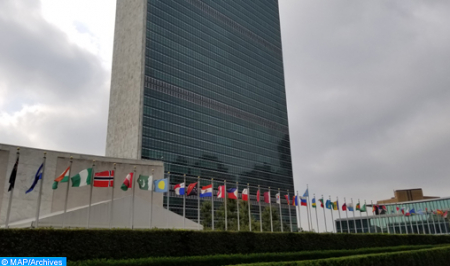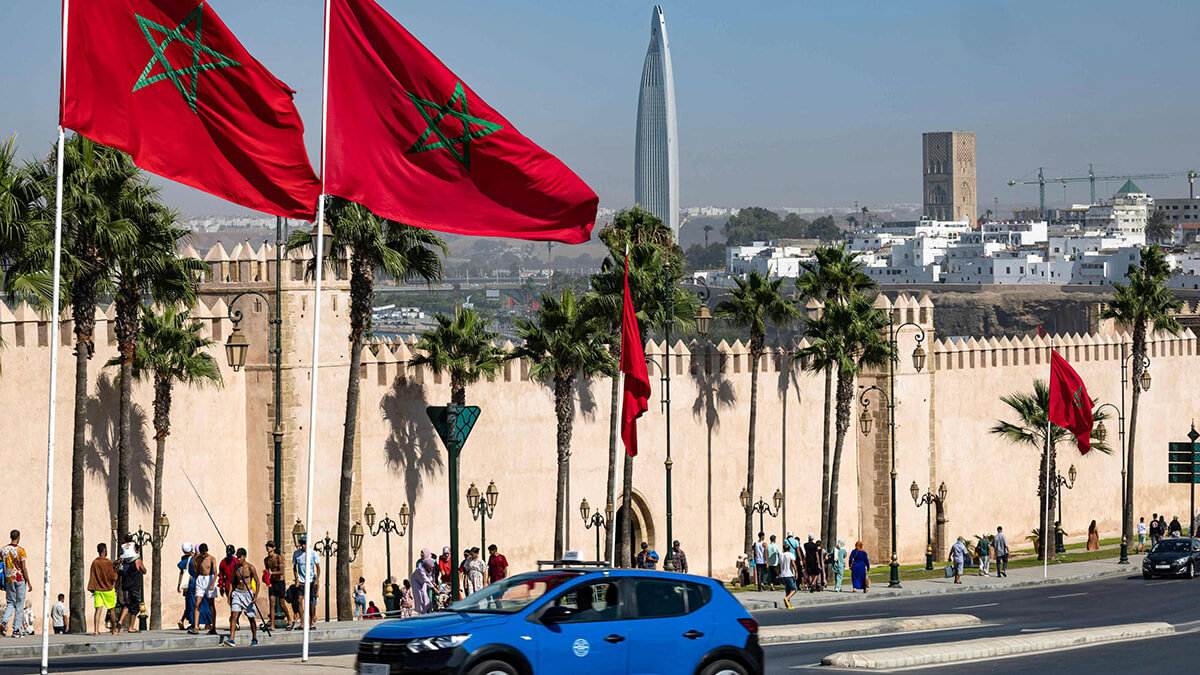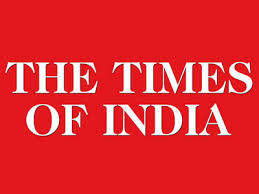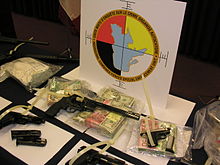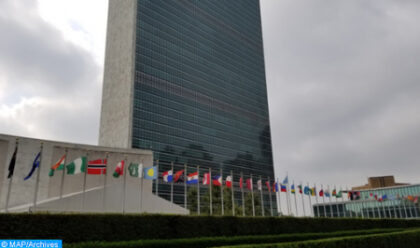 Representatives of several countries continue to voice, at the United Nations, firm support to Morocco’s territorial integrity and autonomy plan offered under its sovereignty as the only realistic solution to the Sahara regional conflict.
Representatives of several countries continue to voice, at the United Nations, firm support to Morocco’s territorial integrity and autonomy plan offered under its sovereignty as the only realistic solution to the Sahara regional conflict.
Addressing the UN fourth Committee, the Delegate of Kuwait expressed his country’s full and steadfast backing to the Moroccan autonomy initiative, describing it as “a constructive” move offering a viable solution to the Sahara issue.
He also stressed the need to respect the territorial unity and sovereignty of the Kingdom, affirming that Kuwait supports the UN efforts and the UN-sponsored roundtable meetings held in Geneva on the Sahara in 2018 and 2019 with the participation of Morocco, Algeria, Mauritania and the polisario.
The representative of Oman called on all parties to the Sahara conflict to resume negotiations based on Rabat’s proposed autonomy initiative, which has been welcomed as “serious and credible” by several Security Council resolutions.
For his part, the Delegate of Bahrain has reaffirmed her country’s strong backing to the autonomy plan proposed by Morocco for a lasting peaceful resolution of the Sahara issue.
The Representative of the United Arab Emirates also reiterated support to Morocco’s autonomy plan and called for the resumption of the political process under the auspices of the Secretary-General’s Personal Envoy, noting that the United Arab Emirates recently opened a general consulate in the Sahara Territory.
The same supportive stand was voiced by Fatimatou Faye of Senegal, labeling Morocco’s autonomy plan as “practical, enduring and based on compromise”. She also welcomed the appointment of a new UN Sahara envoy, calling on all stakeholders to maintain momentum with additional roundtable discussions.
Mr. Halidou Savadogo, member of Burkina Faso permanent mission to the UN, praised the progress achieved during the two round tables held in Geneva and encouraged the parties to the Sahara conflict to engage in dialogue in the spirit of compromise and realism.
The Representative of Bolivia welcomed the appointment by the UN Secretary-General of a new envoy for the Sahara, urging the parties to respect the ceasefire and work toward a realistic vision for the future.
The Delegate of Guatemala reiterated his country’s backing to Morocco’s efforts to find a just and lasting political solution and welcomed the appointment of a new UN Sahara envoy.
Venezuela and Cuba have also called before the 4th Committee for a “lasting and mutually acceptable” solution to the Moroccan Sahara issue.
The Deputy Permanent Representative of Venezuela to the UN, Joaquín Pérez, pleaded for a “peaceful, just, lasting and mutually acceptable” solution to the dispute over the Sahara.
He expressed the wish to see the appointment of the new personal envoy of the UN Secretary-General for the Sahara, Staffan de Mistura, contribute to the relaunch of the political process, with direct negotiations between the parties, as well as to the full implementation of MINURSO’s mandate.
For his part, the representative of Cuba has called for a “mutually acceptable” political solution by the parties to the conflict.
The representative of Morocco, responding to the statement made by the delegation of Algeria, said the latter was in fact the “root cause” of the dispute over the Sahara, affirming that Algeria is the main party responsible for the perpetuation of the conflict.
He said Algeria created the Polisario, generously funding it and offering military training for its armed militias which commit crimes against humanity.
As for the call for a self-determination referendum, he said such option has been abandoned a long time ago and “buried” once and for all.
